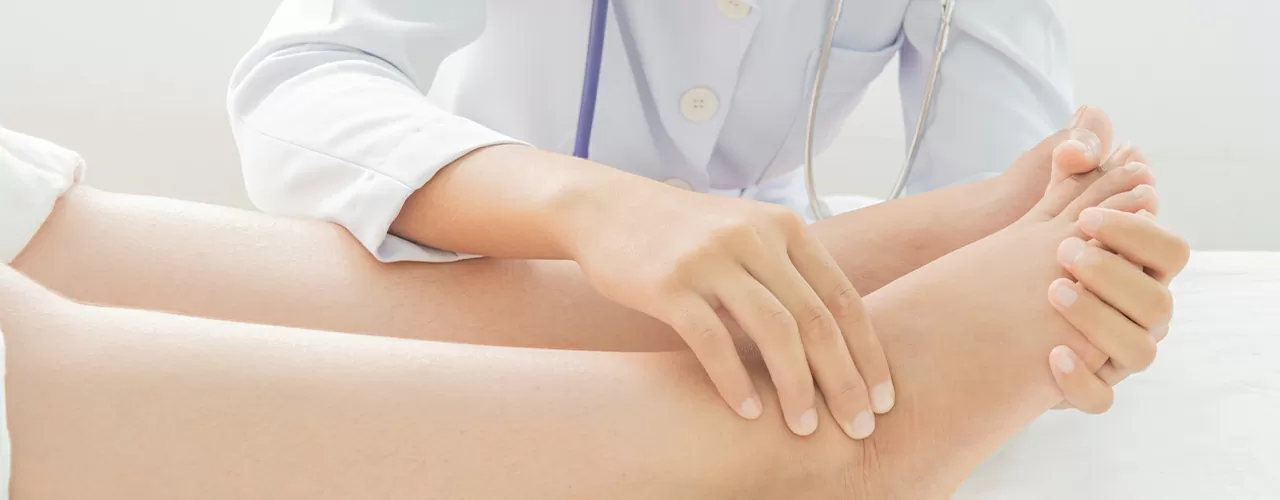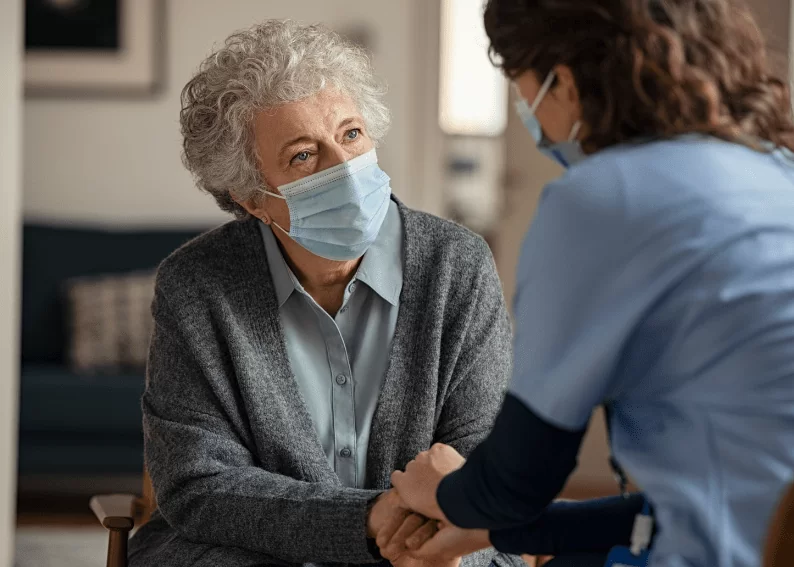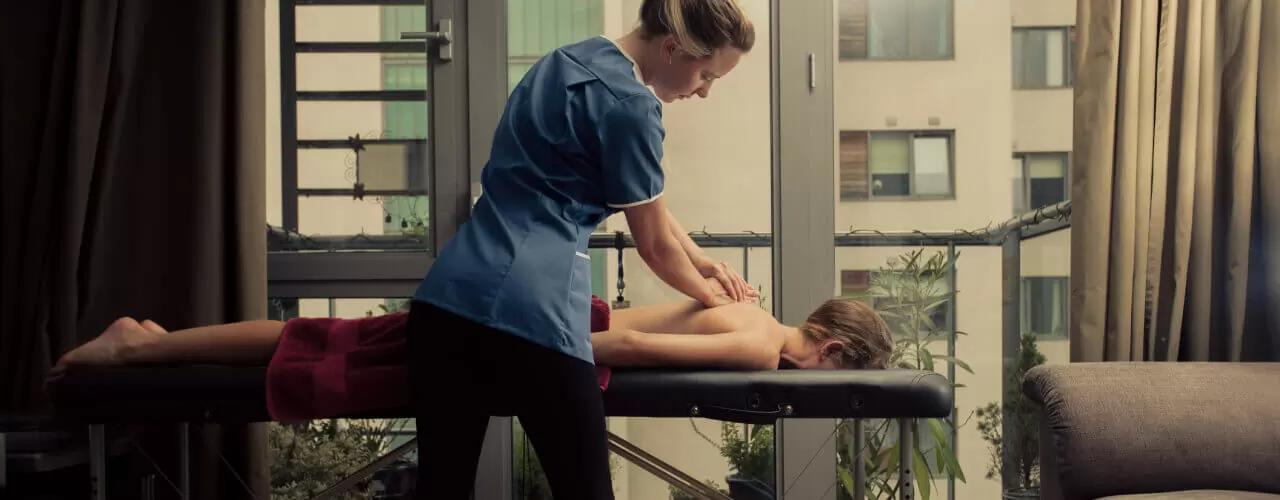Lymphedema
Lymphedema
Are Lymphedema Symptoms Hard For You To Manage?
What is Lymphedema?
Lymphedema is categorized as a disease involving swelling that usually occurs in the upper or lower extremities due to excessive build-up of lymph fluid.
Are there areas of your body that are swollen, close, or difficult to touch? In certain cases, people with these symptoms know that they have lymphedema, in others, some education will be necessary to know where to turn for pain relief.
The lymphatic system is an important part of your immune and circulatory systems, so lymphedema may occur when it is not working properly. It’s a network of vessels that carry lymph fluid to the core.
If your lymphatic system is blocked, you can feel swelling of your arms or legs as the fluid is not able to drain properly. Improper drainage results in the build-up of lymph fluid in your arms and legs, which can pose potential health hazards if left untreated.
If you’re dealing with this condition, thankfully there is an option available to you to manage your pain symptoms: physical therapy. Our innovative care strategies at Holistic PT will help you find quick relief. Contact Holistic PT today and request an appointment; let us help you find the relief you deserve.
Causes and symptoms of lymphedema
There are two categories of lymphedema: primary lymphedema and secondary lymphedema.
Both of these conditions are difficult to deal with, but they occur for different reasons.
Primary Lymphedema
Primary lymphedema is either hereditary or develops on its own. The cause of primary lymphedema is not always apparent. Your primary care physician may want to take additional imaging tests to look at your lymphatic system and to rule out any potential conditions. These tests can include MRI scanning, CT scanning, Doppler ultrasound, or lymphoscintigraphy.
Secondary Lymphedema
Secondary lymphedema occurs as a result of a disease or disorder. It can also happen after a person is treated for cancer; oftentimes during surgical treatments, lymph nodes are weakened or removed entirely. Lymphedema can also be the product of surgical procedure involving lymph nodes.
The most common causes of secondary lymphedema include:
- Infection
- Radiation treatment for Cancer
- Infection
Symptoms of lymphedema typically occur in the arms and legs. Pain levels vary from moderate (noting slight changes or sensations in your limbs) to serious (noticing extreme changes or feelings in your limbs, to the point where they may be difficult to use).
Lymphedema can often take months or even years to develop as a result of cancer treatment.
The following symptoms of lymphedema are pretty common, and if you’re experiencing them, it’s important to contact a therapist as soon as possible:
- Restricted range of motion
- Heaviness/tightness
- Aching/discomfort
- Fibrosis
- Infections
- Swelling
Lymphedema management through physical therapy and occupational therapy
While there is no cure for this disease, physical therapy and occupational therapy are healthy and natural ways to treat lymphedema symptoms. Our therapists are trained movement experts who can use a variety of strategies to help ease your discomfort and show you how to reduce the frequency of your symptoms at home.
At Holistic PT in Tampa, our therapist will complete a comprehensive review of your condition and create a personalized treatment plan to treat your particular case of lymphedema.
This plan will focus on your physical examination, your health history, and the severity of your symptoms. For lymphatic care plans, the emphasis will be on manual therapy and mild pain relief exercises.
Our physical therapists may use manual therapy as one method to help manage your pain and symptoms. One particular form of manual therapy, referred to as manual lymphatic drainage, is widely used in patients with lymphedema. Manual lymphatic drainage facilitates the flow of lymph fluid in the upper and lower extremities. This can also be followed by additional massages to improve circulation and offer relaxation.
Your exercise routine, developed by one of our Tampa therapists, will include gentle muscle contractions to restore your function and increase your range of motion. Exercise of the affected limb(s) also often promotes drainage of lymph fluids.
There are many complications to think about when it comes to conditions that include persistent swelling. Any of these include circulation disorders, infections, and the risk for possible injury. It is really important to be treated for lymphedema and to follow up on a regular basis with your doctor and Holistic PT therapist to ensure that your condition does not worsen.
Additional treatments, such as wrapping, compression, or complete decongestive therapy may also be added to your treatment care plan as your Holistic PT therapist deems fit.
Get the pain relief you’ve been searching for
Lymphedema may currently be ruling your life, but it doesn’t have to be this way forever.
If you are struggling with lymphedema and are looking for help, your journey to great pain management begins here. Call us at (813) 448-3493 or click here to make an appointment today. Holistic PT can help to reduce the effects of your lymphedema and improve your everyday life.




